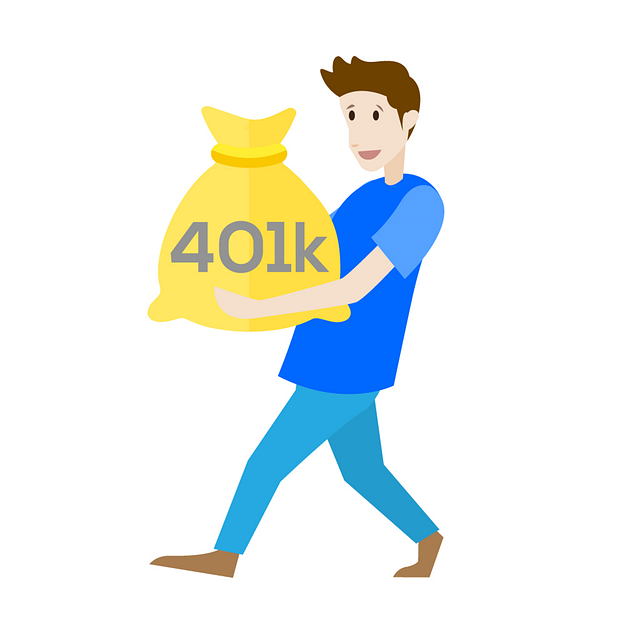"Demystifying the Role of Blockchain in the Real Estate Market"
Introduction: Blockchain technology, once merely associated with cryptocurrencies, has now seeped into many sectors, including real estate. This transformative technology is reshaping the property market, promising increased transparency, efficiency, and security. This article explores the role of blockchain in the real estate sector and its potential implications for buyers, sellers, and investors.

Blockchain in Real Estate: A Historical Snapshot
Blockchain technology, a decentralized and secure ledger system, was introduced in 2008 as a foundational element for the cryptocurrency, Bitcoin. Initially, blockchain’s potential was mostly linked to financial transactions, but as the technology evolved, its implications for other sectors, including real estate, became apparent. Today, it is heralded as a game-changer for the property market.
Current Market Trends and Insights
The adoption of blockchain in real estate is still in its nascent stages, but it is growing rapidly. A report by Deloitte suggests that 34% of companies across industries have already incorporated blockchain into their operations. In the real estate sector, blockchain promises to streamline transactions, improve land registries, and increase transparency.
Advantages and Challenges of Blockchain in Real Estate
Blockchain technology offers a host of advantages for real estate transactions. It can drastically reduce the time needed for property transactions, eliminate the need for intermediaries, and provide a secure and transparent record of property ownership. However, the technology is not without its challenges. Regulatory issues, lack of public trust, and technological complexities are some of the hurdles that need to be overcome.
The Impact of Blockchain Technology on Real Estate Stakeholders
The adoption of blockchain in real estate could have significant impacts on all stakeholders. For buyers and sellers, blockchain can make transactions quicker, cheaper, and more transparent. For investors, blockchain offers opportunities for tokenization of real estate, opening up the property market to a larger pool of investors.
Research-backed Financial Insights
Research from the University of Oxford suggests that the adoption of blockchain in real estate could lead to an estimated 30% reduction in transaction costs. Moreover, tokenization could democratize real estate investing, allowing smaller investors to participate in high-value property deals.
In conclusion, while blockchain technology presents some challenges, its potential benefits for the real estate sector are significant. As the technology matures, we may witness a new era of transparency, efficiency, and inclusivity in the property market. The future of real estate could well be written on the blockchain.




